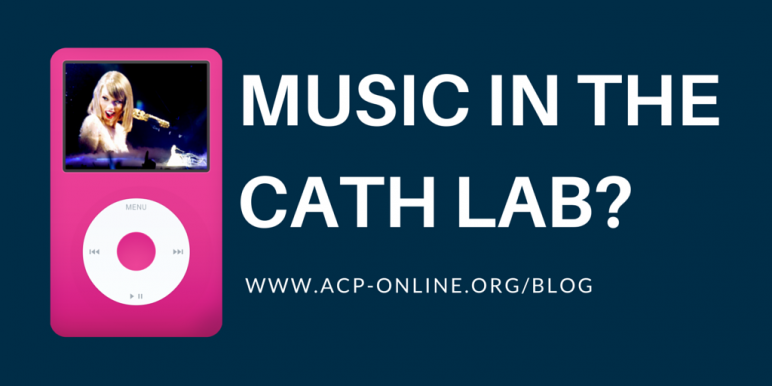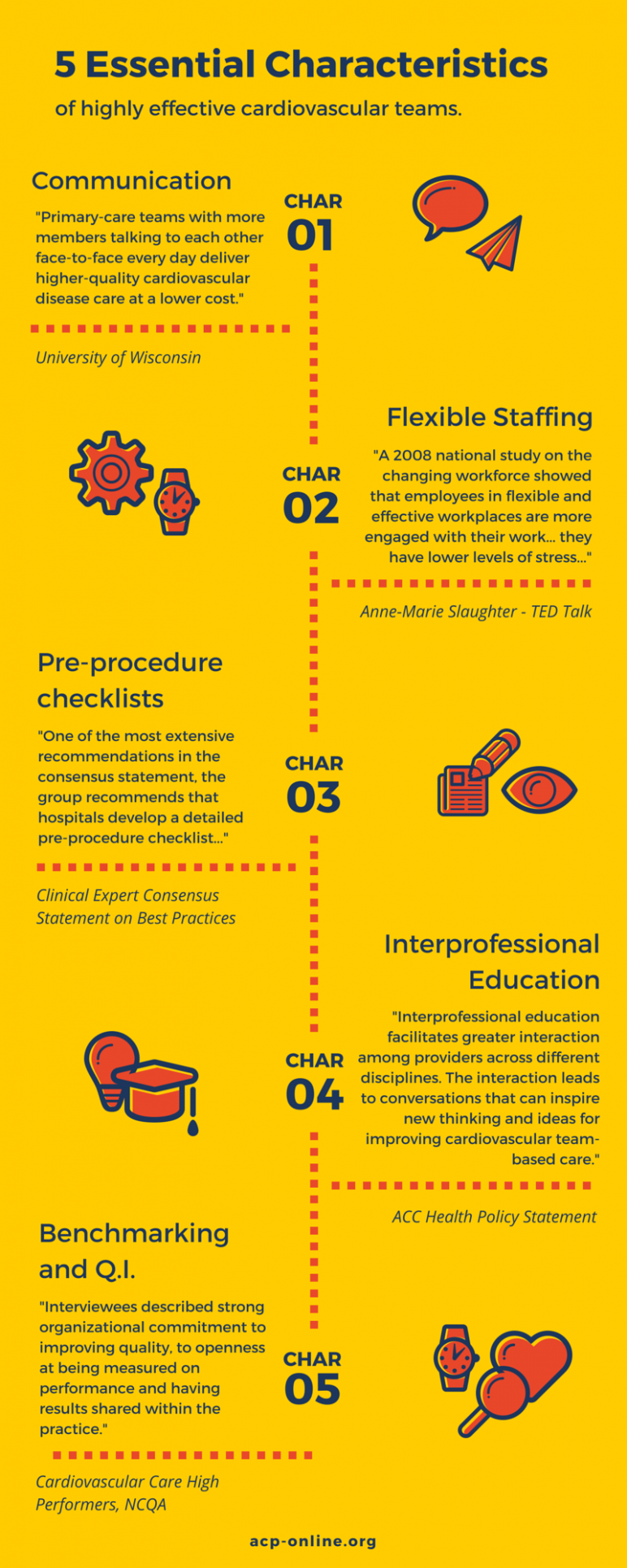With a proliferation of guidelines designed to reduce costs based on the risk profiles of patients, and a more general trend towards a preventative care framework, it's important to stay on top of the latest research into these risk factors for cardiovascular disease.
What constitutes a high-risk patient? What's new in risk assessment? Stay tuned, ACVP blog will bring you more on the latest in cardiovascular disease risk factors.

"Stem Cell Factor" Linked to Cardiovascular Disease Risk
A new study published in the Journal of Internal Medicine identified a risk factor with a similar predictive value to established cardiovascular risk factors such as LDL and HDL cholesterol.
Continue reading Cardiovascular Risk Report: “Stem Cell Factor” as Predictive as Cholesterol Levels


